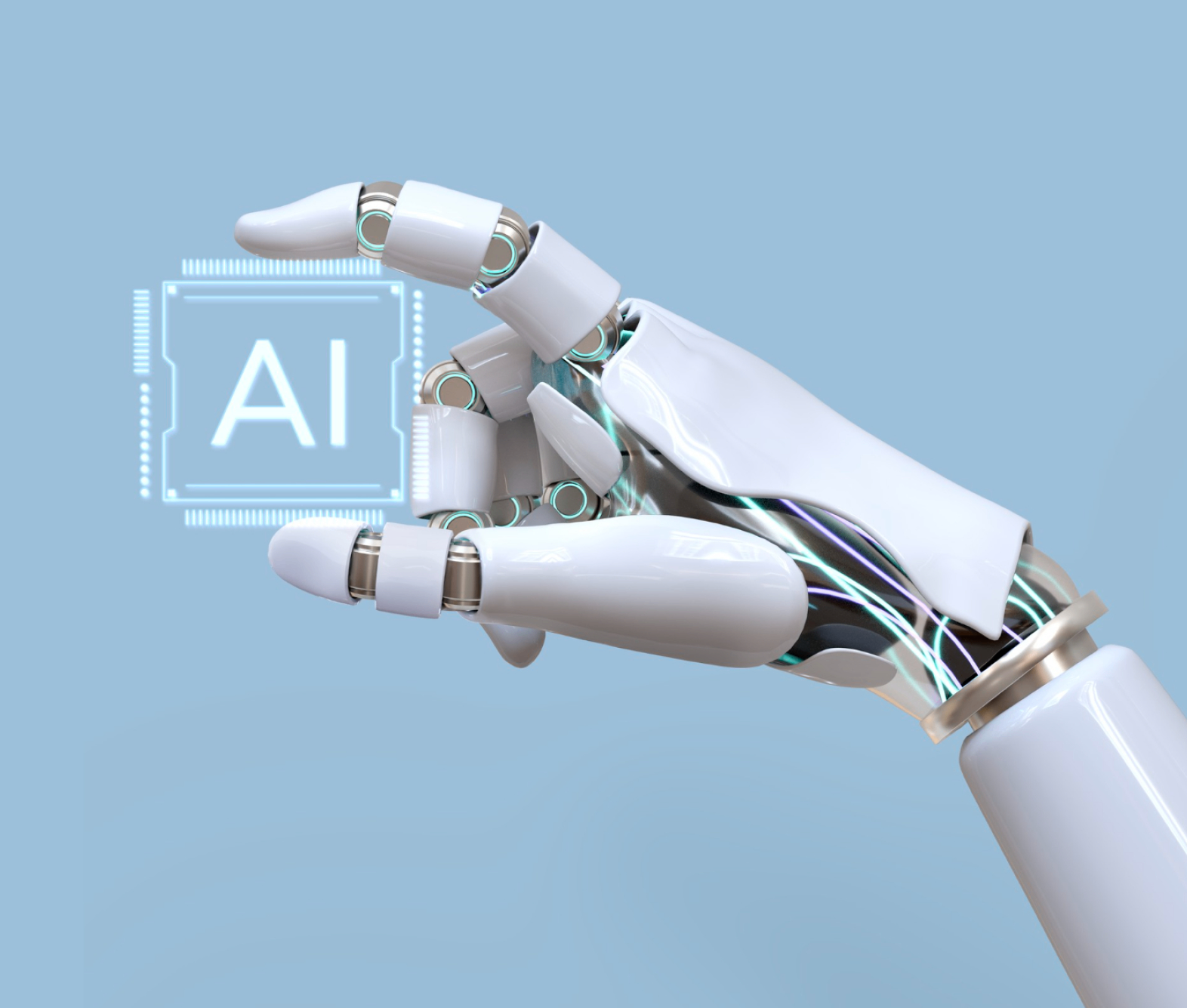

Table of Contents
Exploring the transformative role of AI in education and its future possibilities.
The release of OpenAI's GPT-3.5 in 2022 sparked widespread disruption in the world of artificial intelligence (AI), igniting discussions about its legitimacy, efficacy, and ethical implications. What was once a niche research field is now seamlessly woven into our daily lives, profoundly transforming our interactions and experiences. This widespread integration is particularly evident in the education sector, where AI is unlocking new opportunities and addressing long-standing challenges.
AI has revolutionized administrative operations across industries by automating mundane tasks, and education is no exception. Educational institutions worldwide are beginning to reap the benefits of AI in managing administrative functions. A UNESCO report highlights a critical global teacher shortage, predicting that seven out of ten secondary teachers will need replacement by 2030. This crisis places immense pressure on educators, leading to overwork, limited resources, and disparities in education quality. AI offers a solution through automation, reducing workloads, enhancing productivity, and allowing teachers to focus more on students.
Traditional educational structures often overlook the unique needs of individual students. AI tools address this gap by personalizing learning experiences. For example, AI-powered platforms can adjust the difficulty of content based on student preferences, and AI chatbots can serve as personal tutors, providing tailored assistance to students who may be reluctant to seek help in class. This personalized approach fosters a more inclusive and effective learning environment.
Language barriers and high costs have long hindered the production of quality educational resources in multiple languages. AI translators, powered by natural language processing, offer a cost-effective solution by delivering fluent translations. Additionally, AI's potential in remote learning is profound. Students in remote areas, who previously lacked access to quality education, can now benefit from AI-enhanced online learning experiences. Automated progress reports and AI tutors provide continuous support, ensuring these students receive the guidance they need.
While the rapid advancement of AI initially left traditional institutions hesitant, Tetr College of Business has embraced this technology to revolutionize education. Tetr’s approach centers on optimizing human potential through mindful AI usage. The curriculum includes a course on prompt engineering, equipping students with the skills to harness generative AI and large language models for innovation, problem-solving, and effective business strategy.
By integrating AI into its educational framework, Tetr demystifies this technology and positions it as a tool for controlled, human-directed innovation and growth. This deep understanding of AI systems and the practical skills imparted to students place Tetr graduates at a significant advantage, preparing them to become global leaders in the business world. Explore our Bachelor of Artificial Intelligence Program and future-proof your career by becoming a changemaker. Apply now!